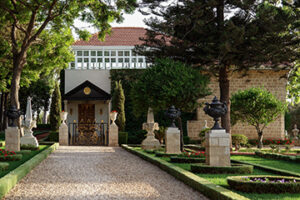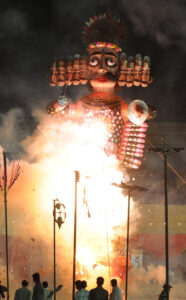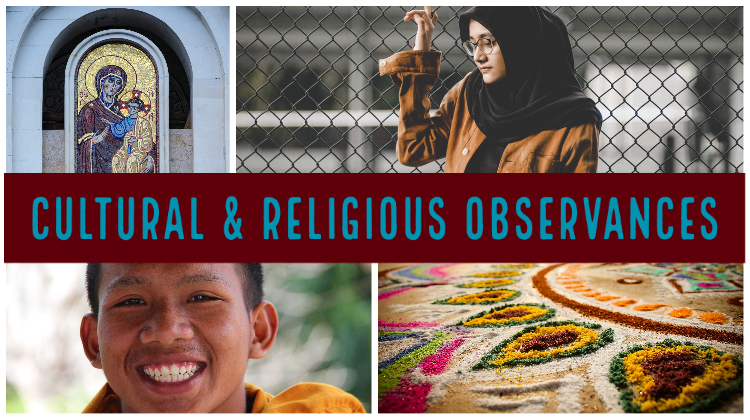Birth of Bahá’u’lláh
Culture/religion: Bahá’í
Date: October 19

Baha’u’llah was a religious leader and founder of the Bahá’í faith which advocates universal peace and unity among all races, nations and religions. Baha’u’llah was a follower of Báb and Bahá’ís regard him to be a Manifestation of God.
This day celebrates the birth of the Bahá’í founder and teacher, Baha’u’llah. Born to an affluent family in Persia in 1817, Baha’u’llah spent many of his later years as a prisoner and in exile for his work in the Bábi movement. It was in his prison cell that he had his new religious revelation and the Bahá’í faith was born.
On this day, one of nine holy days in the Bahá’í religion, Bahá’ís do not work. Many observe the day in small celebrations or gatherings where prayers are said from Baha’u’llah’s writings.
Pronunciation:
Bahá’í: Ba-HIGH
Báb: Bahb (Bob)
Bahá’u’lláh: Ba-ha-ul-LAH
Sources:
Baha’u’llah, Wikipedia
Style guide, glossary and pronunciation guide, Bahá’í World News Service
Dussehra
Culture/religion: Hindu
Date: October 25

Dussehra, also known as Vijayadashami (“victory on the tenth day”) is one of the major Hindu festivals celebrated at the end of Navaratri every year. The festival signifies good over evil, commemorating the victory of Lord Rama over the demon Ravana.
Though observed for different reasons and celebrated in a variety of ways across India, celebrations are known to include processions of the statues of Durga, Lakshmi, Saraswati, Ganesha and Kartikeya to a river or ocean and immersing them in the water for dissolution and farewell. In other locations, large effigies of Ravan, symbolizing evil, are burned with fireworks marking evil’s destruction.
The Dussehra festival starts the preparations for Diwali which is celebrated twenty days later.
Sources:
Dussehra Festival, TourMyIndia.com
Vijayadashami, Wikipedia

